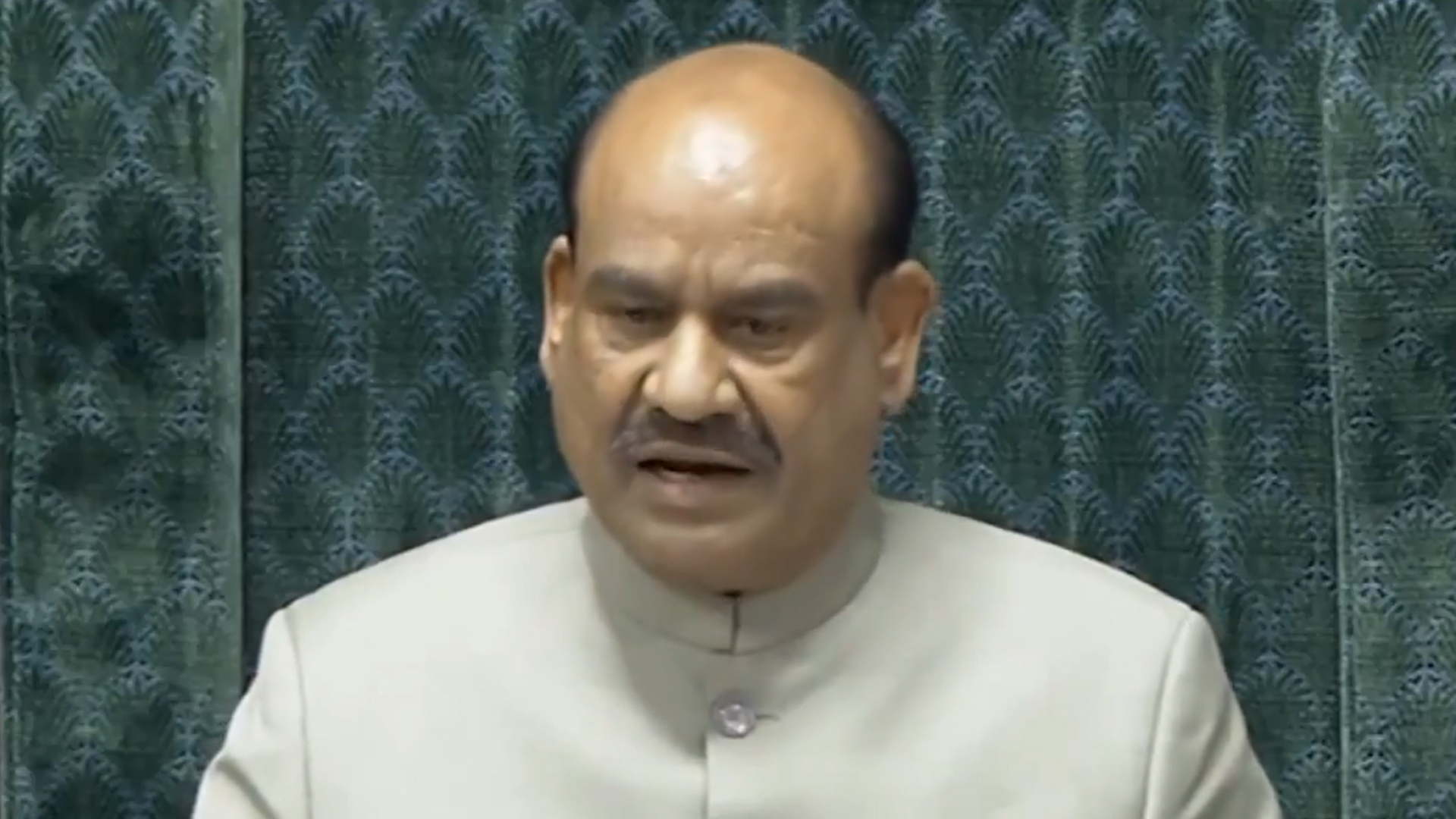For the first time in years, the U.S. Centers for Disease Control and Prevention (CDC) is handing the power back to the people. Instead of delivering strict universal COVID-19 vaccine mandates, recommendations highlight a shift toward individual health assessments and shared decision-making between patients and healthcare providers. This shift comes with new guidelines for COVID-19 boosters and childhood vaccinations, reflecting a growing recognition that healthcare is personal, and one size doesn’t fit all.
The updated guidelines, announced in September 2025, state that COVID-19 boosters are no longer broadly recommended for all adults. Instead, they should be administered after consultation with a doctor, particularly for those under 65 in good health. Older adults and high-risk populations remain prioritized for boosters, but for others, the decision is now personal and based on individual risk factors and preferences.
This change has stirred controversy, with some critics questioning whether it could lead to decreased vaccination rates. The guidelines now require individuals to consult healthcare professionals before receiving the COVID vaccine— a notable shift from previous broad mandates. Acting CDC Director Jim O’Neill emphasised, “Informed consent is back,” underscoring the new focus on autonomy and transparency. However, some vaccine experts argue that this move might undermine trust and complicate vaccination efforts, especially for vulnerable groups.
In childhood immunizations, the CDC has also reinstated principles of informed consent and tailored vaccination schedules. For instance, the COVID-19 Vaccine remains available for children aged 6 months and older, but is not universally recommended, leaving families and pediatricians to make decisions based on individual needs. A significant change involves the varicella (chickenpox) vaccine for toddlers, which will now be administered as a separate shot instead of combined with the MMR vaccine, providing more flexibility and control to parents.
These updates reflect a broader acknowledgment that COVID-19 is now endemic, and vaccination strategies must adapt accordingly. While some fear lower vaccination uptake, supporters believe empowering individuals with choice will foster greater trust and more responsible health decisions. For those considering a COVID booster or childhood vaccines this fall, people are advised to consult with their healthcare provider, understand their options, and make an informed choice tailored to their personal health.
Also Read: UPI Launched in Qatar, Empowers Over 8 Lakh Indians Abroad






